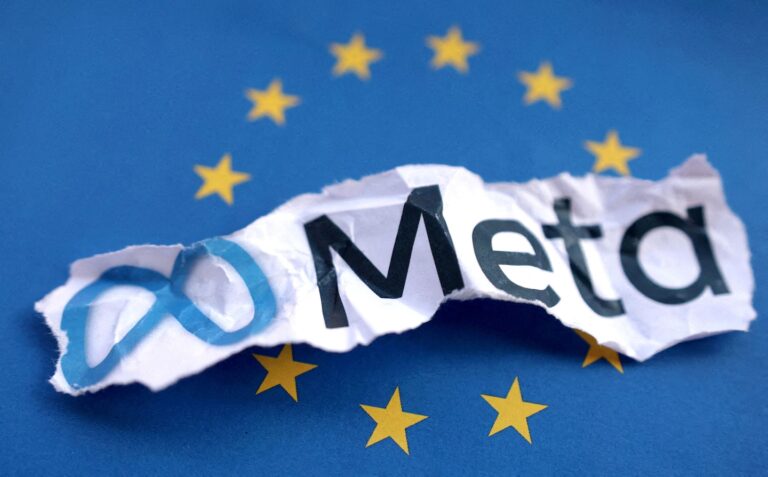The preliminary findings are part of a longer investigation into whether the social media giant is violating the EU’s Digital Markets Act, or DMA, the first antitrust law focused on big tech companies in a major economy. Meta could face fines of up to 10% of its global annual turnover if the commission maintains its position in its final decision.
The EU said Meta’s requirement for users to pay if they do not want personalized ads does not give them the right to freely consent to the use of their personal data, and that the company has failed to offer them an equivalent service using less of their personal data, as required by the DMA.
Meta said in a statement that it believes its “ad-free subscription” model is DMA-compliant.
TO CATCH UP
Stories to keep you informed
“We look forward to continuing the constructive dialogue with the European Commission to bring this investigation to a successful conclusion,” the company said.
The DMA went into effect last March. Supporters hail it as a landmark law that would prevent large Internet companies from abusing their market power to the detriment of consumers. Critics have warned that overregulating the Internet industry would have a chilling effect on innovation.
Since then, European regulators have responded quickly. The same month the DMA came into force, the EU opened investigations into Apple, Meta and Alphabet, with a one-year deadline for the investigations to be completed.
Meta had introduced the pay-or-consent choice for ads to the European market in November, demonstrating to European regulators that it complied with the DMA’s requirements to give users control over how their personal data is used. Regulators were apparently not convinced.
The EU also informed Apple and Microsoft in recent days that their business practices violated antitrust rules.


